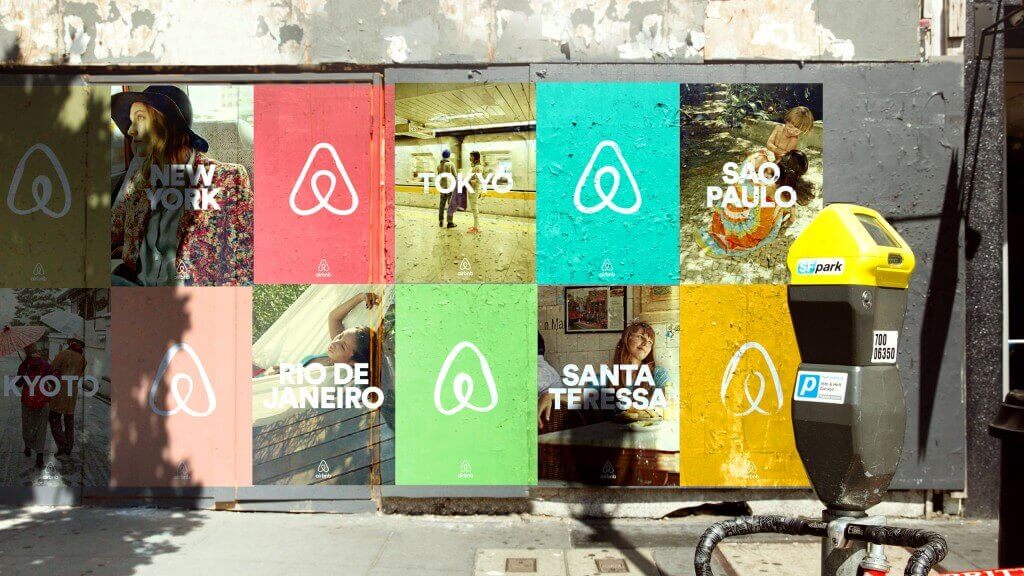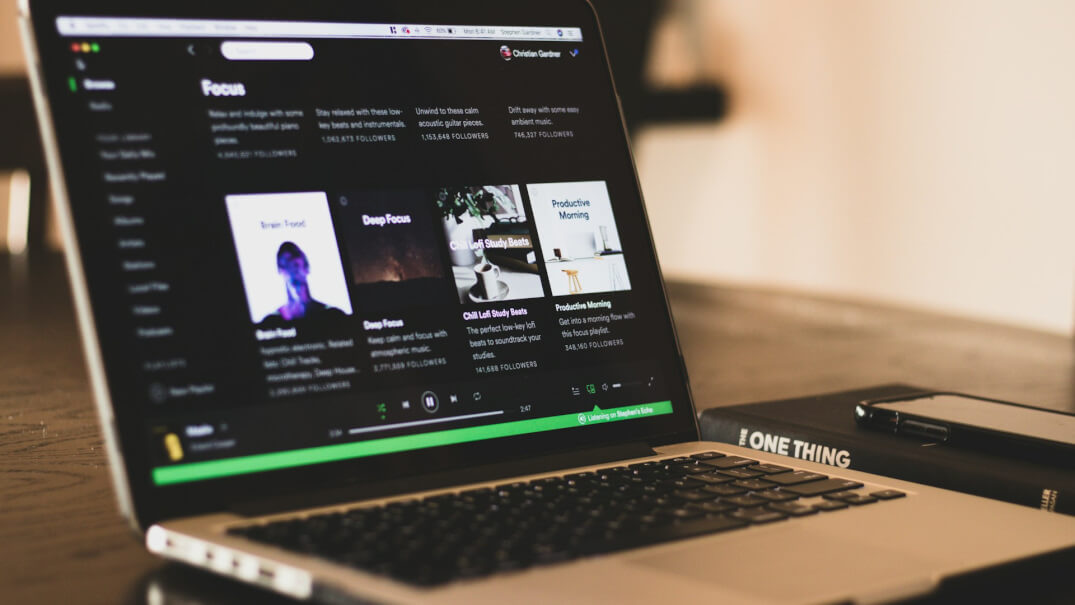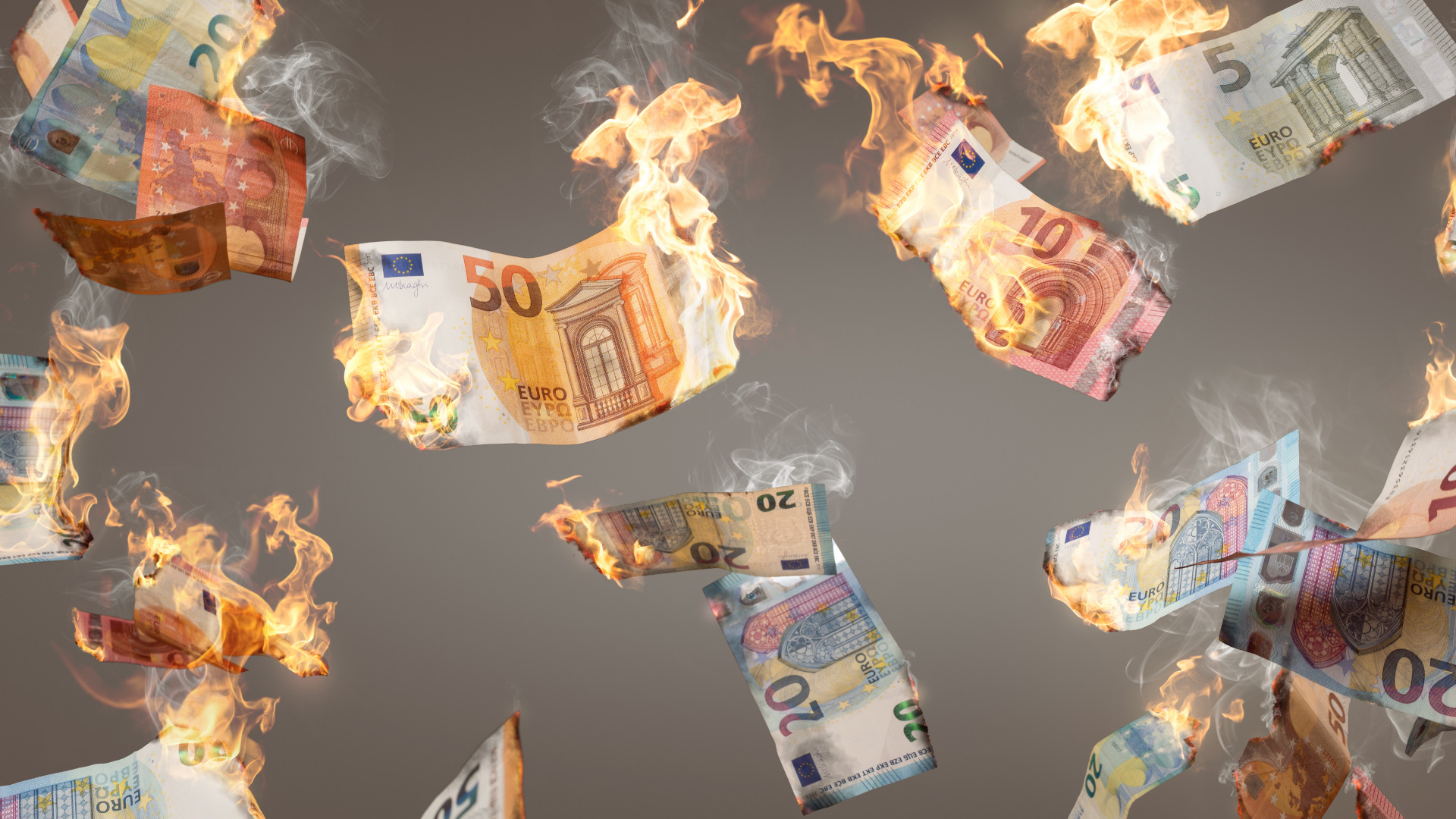
For a long time, the hotel industry did not consider Airbnb a threat. Both the industry and Airbnb claimed they were serving different markets and had different underlying business models. Over the years, as Airbnb become more successful and grown to being larger than the companies in the hotel industry, the rhetoric has changed. The hotel industry began to realize they had something to worry about.
A stage of denial was followed by the American Hotel & Lodging Association (AH&LA) attacking Airbnb by sponsoring research to demonstrate its negative impacts on the economy and lobbying governments to impose taxes and regulations on homesharing. The association is arguing for a level playing field between homesharing and hotels (and rightly so). The next stage of this battle involves competition and integration. Not only are hotels looking to add homesharing like attributes and experiences to their properties, to more effectively compete with Airbnb, but are also looking to tap into the platform-based business model that underlies their success.
The Past: How does Airbnb impact the hotel industry?
Airbnb’s disruption of the hotel industry is significant, both existentially and economically. A recent study by Dogru, Mody, and Suess (2018) found that a 1% growth in Airbnb supply across 10 key hotel markets in the U.S. between 2008 and 2017 caused hotel RevPAR to decease 0.02% across all segments. While these numbers may not appear substantial at first, given that their supply grew by over 100% year-on-year over this ten year period means that the “real” decrease in RevPAR was 2%, across hotel segments.
Surprisingly, it was not just the economy but also the luxury hotel segment that was hard hit by Airbnb supply increases, experiencing a 4% real decline in RevPAR. The impact of Airbnb on ADR and occupancy was less severe. In Boston, RevPAR has decreased 2.5%, on average, over the last ten years due to supply increases. In 2016 alone, this 2.5% decrease in RevPAR amounted to $5.8 million in revenue lost by hotels to Airbnb. Brands that felt the impact the most were those in the midscale and luxury segments, with a decrease in RevPAR of 4.3% and 2.3% respectively.
These supply increases are also fueling Airbnb taking an increasing share of the accommodation market pie. For example, in New York City, they comprised 9.7% of accommodation demand, equaling approximately 8,000 rooms per night in Q1 2016 (Lane & Woodworth, 2016). As a whole, their accommodated demand made up nearly 3% of all traditional hotel demand in Q12016.




